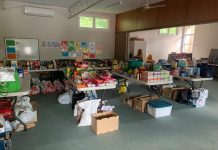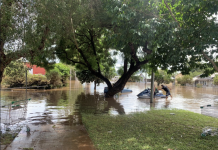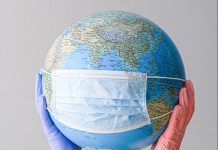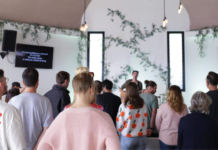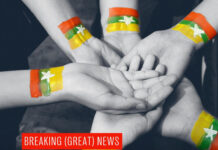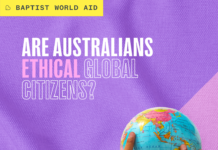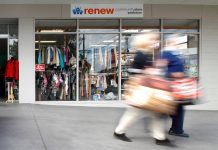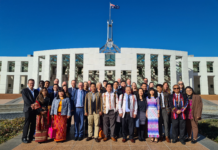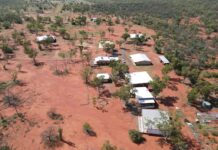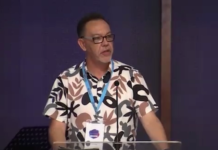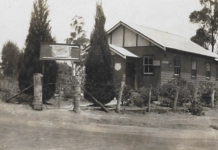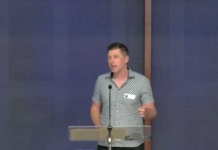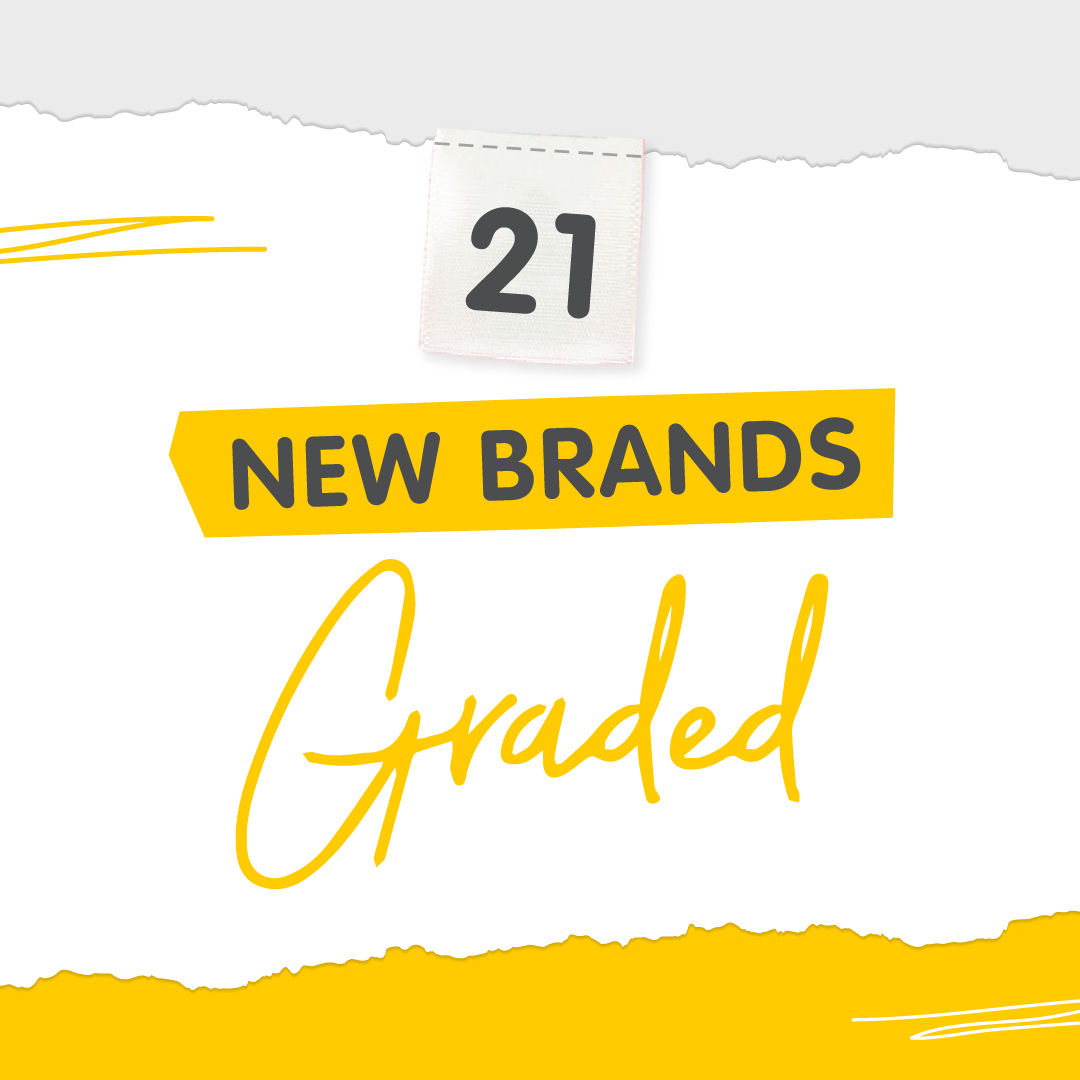Fashion companies are investing more than ever in ethical sourcing, but their efforts still aren’t reaching garment workers, according to the 2021 Ethical Fashion Report launched by Baptist World Aid Australia this month.
The international development organisation has released its latest fashion scorecard for close to 100 fashion companies representing 420 brands, including its first new A+ to F grades in over two years. Twenty companies received A+ or A, 55 received B-C and 23 received a D-F. New this year in the Ethical Fashion Report and Guide is an explanation of how a company’s score out of 100 aligns to the familiar A+ to F grades, with the average company scoring 33.6.
‘We’ve seen considerable progress in the fashion industry and engaged with many brands that are committed to becoming more ethical and sustainable,’ said Peter Keegan, Baptist World Aid’s Director of Advocacy. ‘But these grades and scores show us we’re not there yet.’
This year’s Ethical Fashion Report highlights modern slavery and climate change as priorities for the fashion industry, as companies make slow progress on both fronts. The number of companies with a commitment to reduce emissions has risen by 10 percent since 2019; however, the total with a climate strategy is still less than half of those assessed in 2021.
2021 also marks the end of the first round of Australia’s Modern Slavery Act, with a significant number of businesses required to disclose their work to address forced and child labour in their supply chains. Despite this new impetus for the fashion industry to act, the Report has found that efforts to empower garment workers are lacking. The average company scored a D for their actions on wage improvement, worker unions and complaints processes.
‘Our research identified a vast gap between the ethical sourcing measures companies put in place, and real, tangible outcomes for garment workers,’ said Chantelle Mayo, Advocacy Project Manager for Baptist World Aid Australia. ‘That’s a big hurdle for any consumer trying to shop ethically, and an area we need to keep pressuring the fashion industry to address.
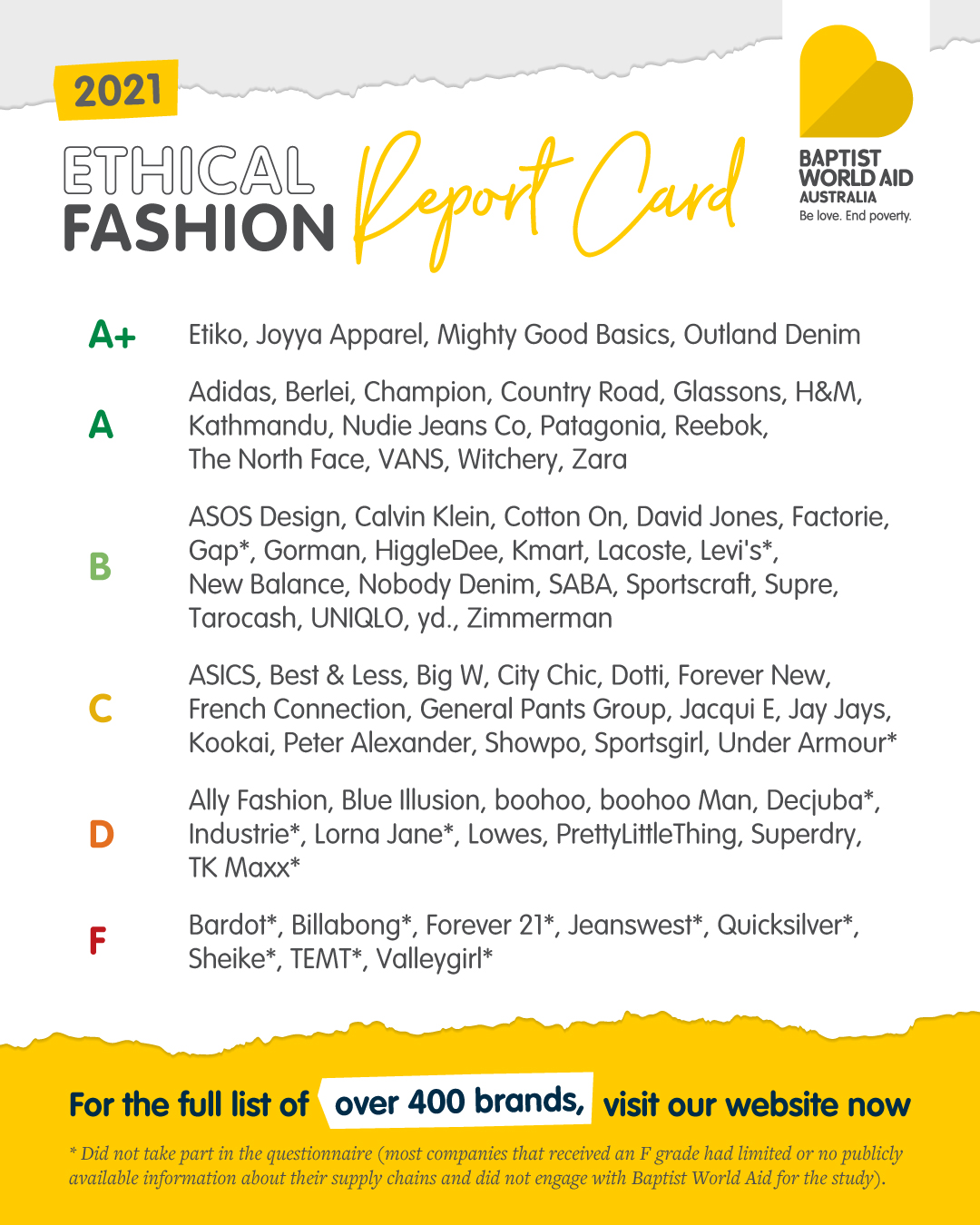 This year’s report also explores the impacts of COVID on garment workers, slavery/exploitation of all workers in the supply chain, and the environment. The number of companies paying some workers in their supply chain a living wage dropped from 20 percent in 2019 to 15 per cent in 2021, a decline the Report attributes to the economic impacts of the COVID crisis. During the early months of pandemic in 2020, garment workers in countries where many Baptist World Aid development programs operate, including Bangladesh and India, lost more than US$16 billion dollars in wages.
This year’s report also explores the impacts of COVID on garment workers, slavery/exploitation of all workers in the supply chain, and the environment. The number of companies paying some workers in their supply chain a living wage dropped from 20 percent in 2019 to 15 per cent in 2021, a decline the Report attributes to the economic impacts of the COVID crisis. During the early months of pandemic in 2020, garment workers in countries where many Baptist World Aid development programs operate, including Bangladesh and India, lost more than US$16 billion dollars in wages.
Keegan says this shows that although the industry is moving in the right direction, it still has a long way to go. ‘We want consumers to understand that shopping ethically isn’t as simple as choosing to buy only from top grade brands,’ he said. ‘All of the companies we assess have room for improvement.’
How does your favourite brand rate? Click here to see the full list of brands/find your favourite brand, take a consumer quiz, and/or get your guide copy. (P.S. There’s a tool on the website that allows you to contact the brands who didn’t get an A+ telling them they need to do better!)
–
With its mission to end poverty, Baptist World Aid Australia has published theEthical Fashion Reportsince 2013. As one of Australia’s leading publications on ethical fashion, theEthical Fashion Report and Guidehelps consumers make better choices based on thorough data from almost 100 companies representing more than 400 brands.

